
Image forensics for fraud detection
Detect fraud attempts in seconds – with AI-powered image forensics.
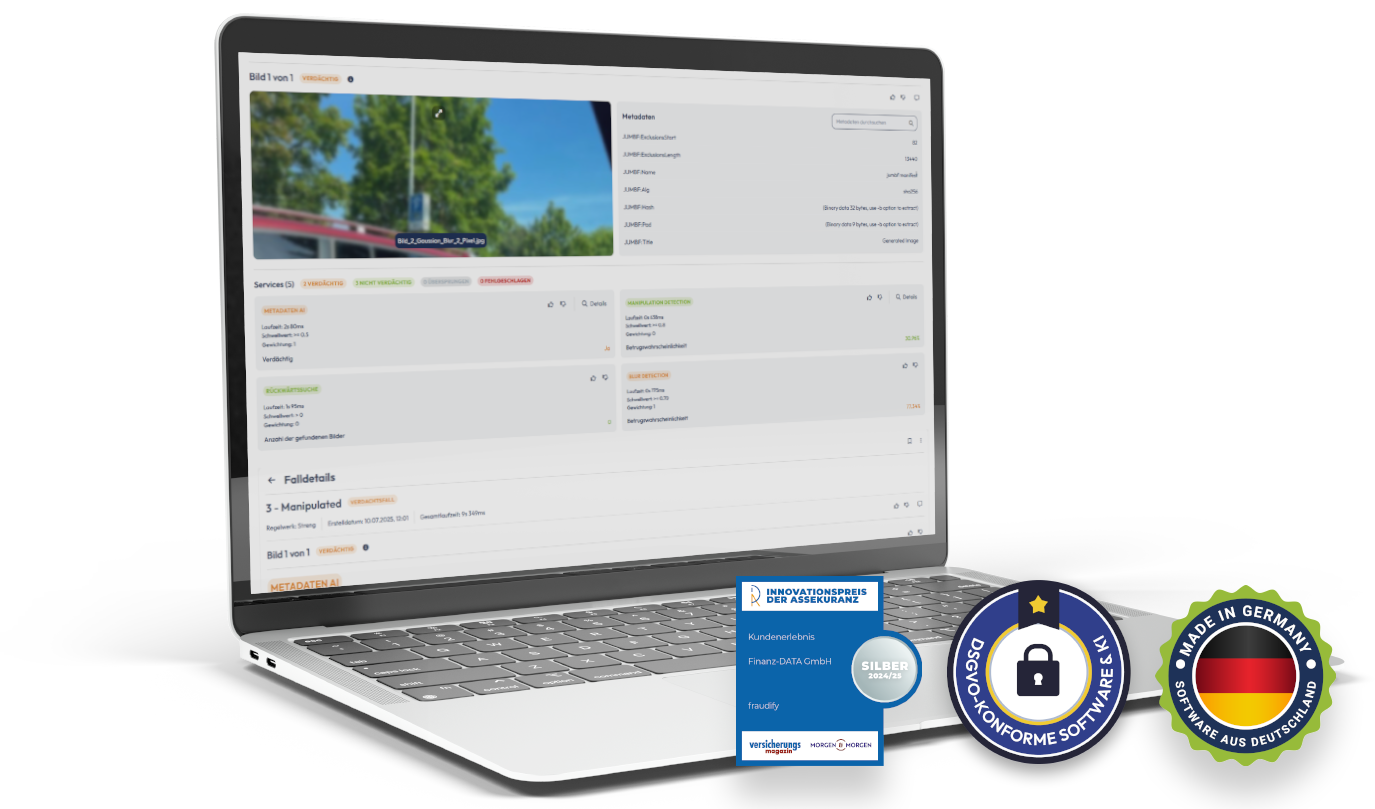

Fake Detection
With fraudify, you can detect image manipulation before it causes damage. AI-powered image forensics checks every image for manipulation.

Reverse search
With fraudify image forensics, you can perform an automated reverse search to find out whether a submitted image already exists on the internet.

Metadata analysis
With fraudify, you can automatically check image data and detect inconsistencies that indicate manipulation or falsification.

Duplicate check
With fraudify's duplicate check, you can immediately see whether an image has already been used in a previous transaction.
Fake damage reports, edited documents, fake news or deepfakes: fraud attempts using manipulated images have long been part of everyday life. With fraudify's image forensics module, you can automatically check submitted image files for traces of digital alterations – quickly, reliably and directly in your verification process.
This allows you to protect your company from deception and make informed decisions based on reliable data.
fraudify Image Forensics – Features in Detail
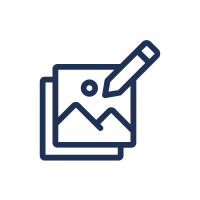
Manipulation detection
With fraudify image forensics, you can detect manipulated images before they become a problem. The AI-powered image forensics programme analyses each file and shows you whether and how an image has been altered. fraudify detects various types of image manipulation by examining the individual parts of an image using special forensic techniques, revealing even the smallest changes. Typical types of manipulation include, for example:
Copy-paste manipulations
Retouching and blurring
Combined image sources
AI manipulations

Deep-Fake Detection
Fake damage photos, fabricated evidence or invented people. Deepfakes make it possible to digitally manipulate both people and videos, creating realistic but fake content. What is particularly problematic is that such AI-generated images and videos can be used to spread disinformation and misleading content, especially when taken out of their original context. Forensics examines typical characteristics of generative AI, such as:
Irregularities in light, shadows and textures
Unnatural details in hands, faces or backgrounds
Hidden clues in the file structure
Deviations in resolution, noise behaviour and image composition

Meta Data Check
Metadata is stored directly in the image file and often contains information about the camera used, such as the model, serial number or settings. It tells you when, where and how an image was created or edited. The information contained in the metadata is crucial for verifying the legitimate use of an image and detecting manipulation. With fraudify, you can automatically check this hidden image data and detect inconsistencies that indicate manipulation or falsification. The metadata check reveals, among other things:
Time stamp manipulations
Implausible camera data
Software indications of editing
Geodata

Reverse internet search
Fraudsters often use images that are already circulating on the internet – for example, from image databases, social networks or news portals. With fraudify image forensics, you can perform an automated reverse search and find out whether a submitted image already exists elsewhere on the internet. This check is crucial for identifying the intended use and ensuring authenticity for various purposes, such as evidence gathering, information gathering, or abuse prevention. Among other things, you can identify:
Stock photos or press photos
Multiple uses of the same image
Misleading contexts
Manipulated variants

Duplicate check
Fraud attempts are repeated – often even with the same images. With fraudify, you can perform an automatic duplicate check and immediately recognise whether an image has already been used in a previous transaction. This allows you to quickly identify and analyse repeated cases and suspicious activities.
Not only are exact duplicates detected, but also:
Cropped or slightly altered versions of the same image
Images with changed resolutions or formats
Multiple use in different cases or under a false name
In a world where image manipulation is becoming increasingly sophisticated, a solution is needed that provides clarity. Whether it's verifying the authenticity of damage images or exposing manipulated content. Our AI-powered image forensics software detects manipulations accurately and reliably, enabling you to make informed decisions where it matters most. Whether you are an insurer, a public authority or a private sector organisation, fraudify adapts to your requirements.
Award-winning software: Insurance Innovation Award
fraudify image forensics received the 2024 Insurance Innovation Award in the customer experience category. This award underscores our leading position in the development of innovative, efficient and user-friendly solutions for the insurance industry. With fraudify, you can rely on state-of-the-art technology that seamlessly integrates fraud detection into your processes and optimises the customer experience in the long term.
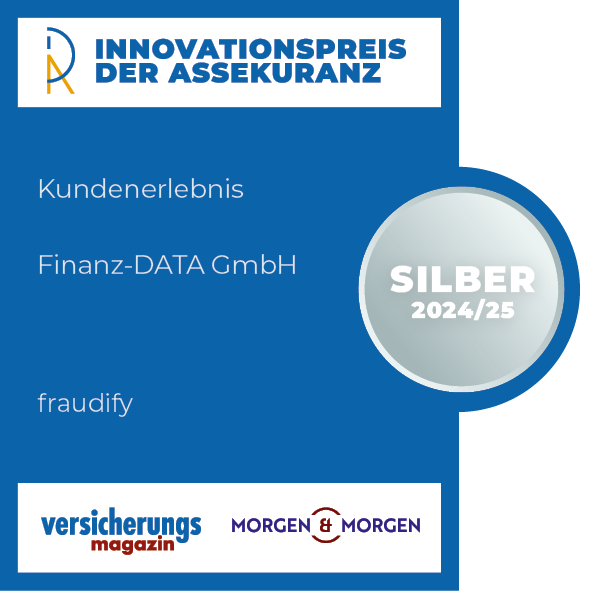
The advantages of fraudify image forensics
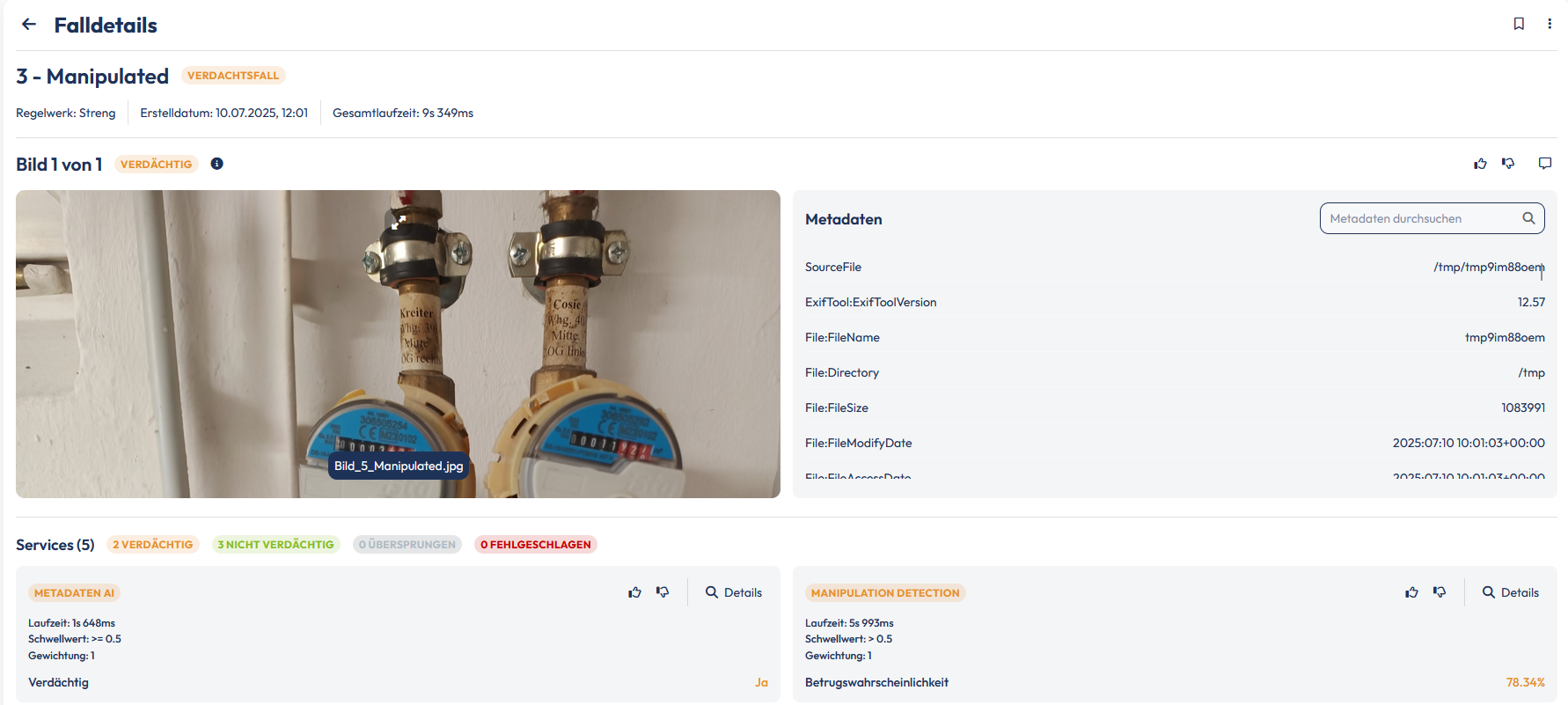
Explainable AI
Explainable AI means that the decisions and results of the AI are transparent and comprehensible. You understand exactly how fraudify arrives at its assessments and can explain and review the verification processes at any time. This allows you to build trust in the technology and avoid black box effects.
Hybrid & Multimodal
With hybrid and multimodal image forensics, fraudify combines different analysis methods and data sources to detect manipulation even more reliably. This means that the solution uses AI-supported methods as well as classic forensic techniques and evaluates various types of image information – for particularly comprehensive fraud detection.
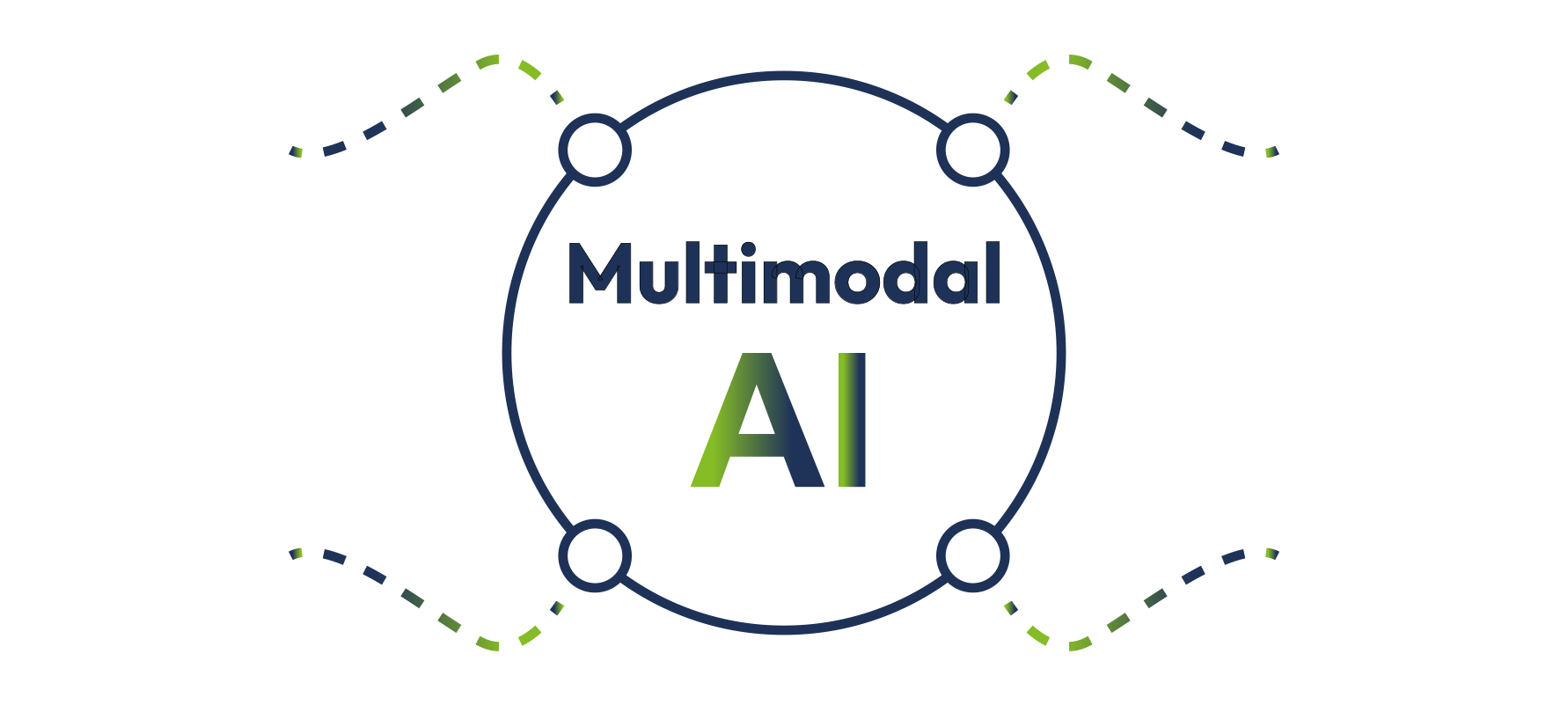

Comprehensible & controllable rules
The transparent and controllable rules give you full control over the check. You can define and adjust individual check parameters and clearly see how certain checks are performed. This makes fraudify flexible for your specific requirements and enables targeted control of the results.
Clear presentation
The clear presentation ensures that you can quickly grasp and understand the test results. Complex analyses are clearly visualised so that even users without in-depth technical knowledge can make informed decisions. This saves you time and minimises sources of error.
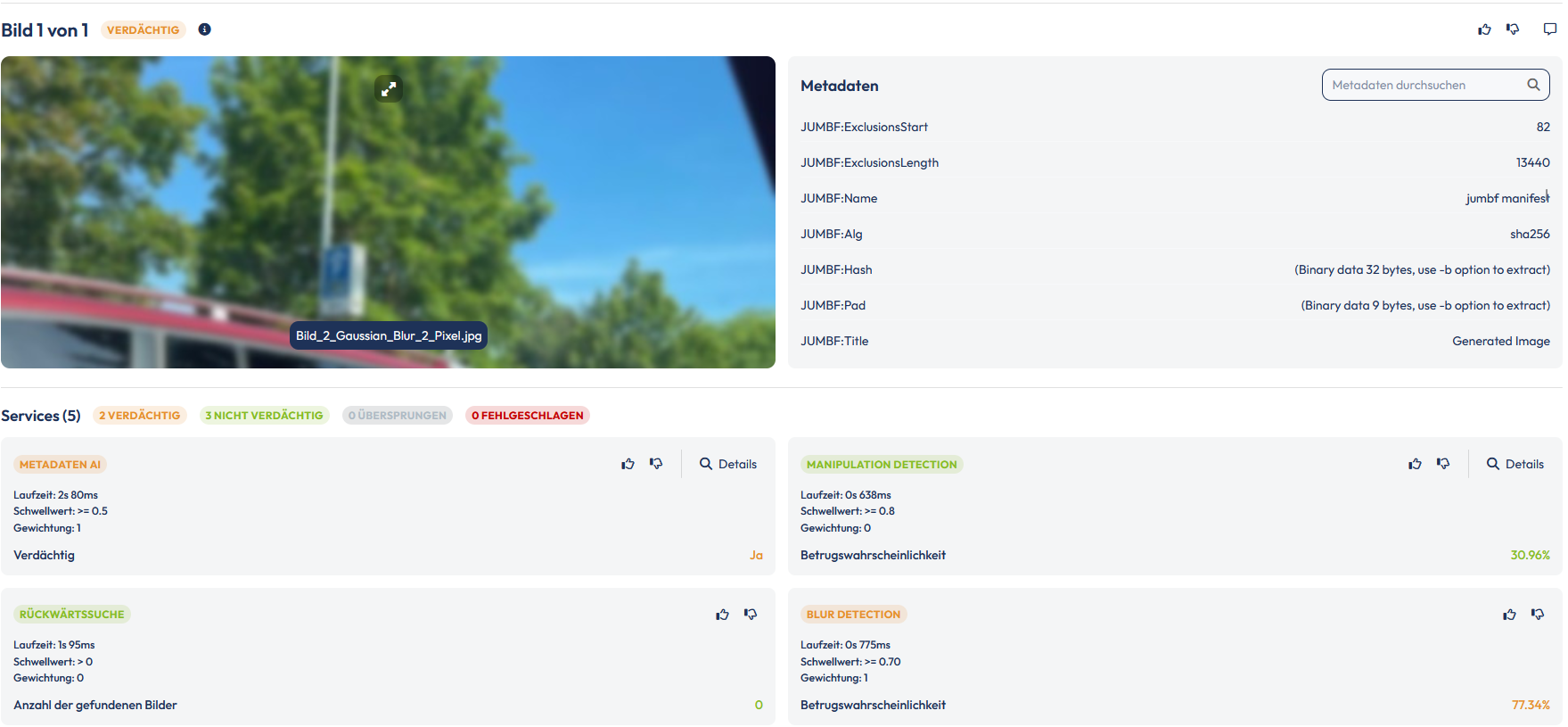
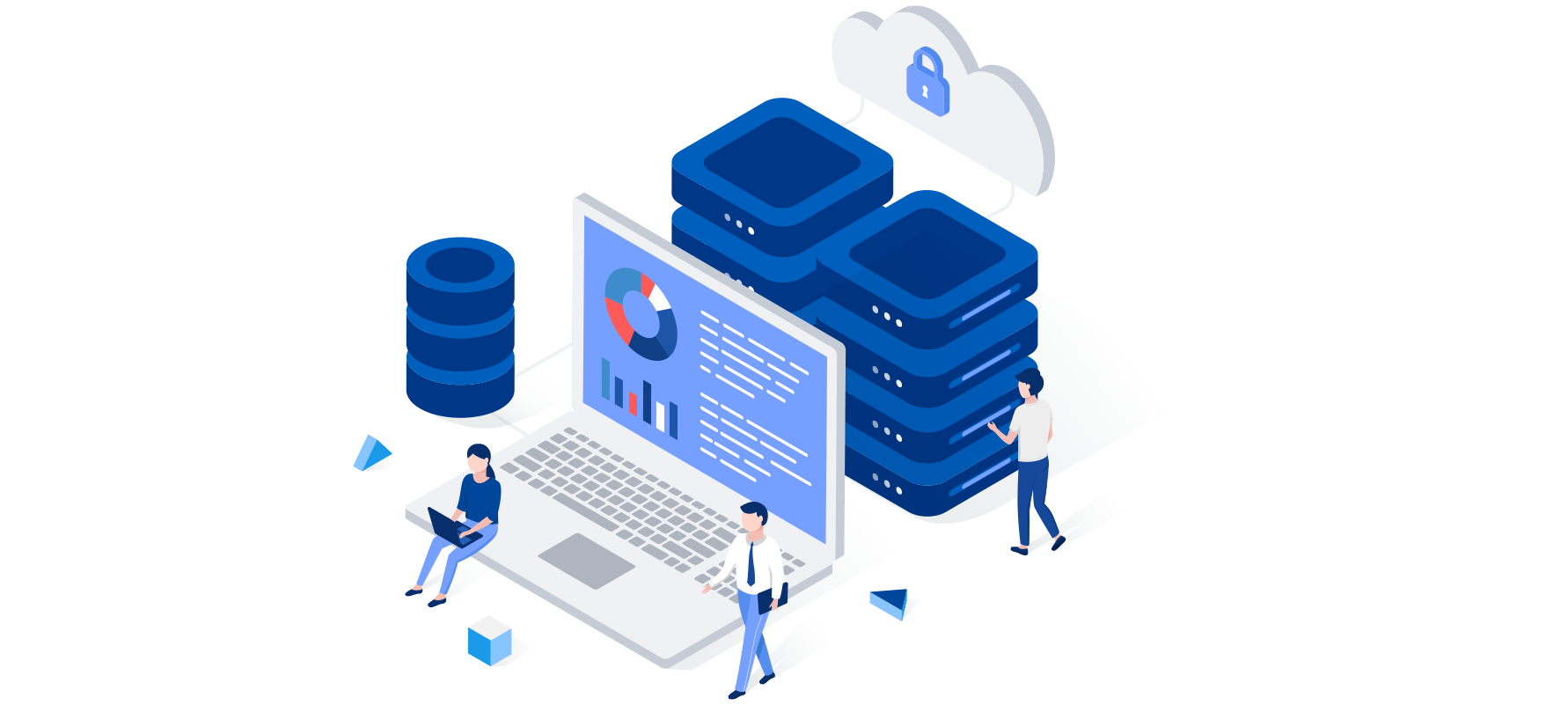
Flexible Hosting-Options
Thanks to flexible hosting options and easy integration, you can run fraudify both in the cloud and on-premises. The solution adapts to your existing IT infrastructure and can be integrated into existing systems with minimal effort – allowing you to remain technically independent and retain maximum control.
FAQ - Questions about fraudify image forensics software?
What exactly does an image forensics solution like fraudify do?
Digital images are now an integral part of many processes – whether in claims processing, application procedures or identity verification. At the same time, image manipulation is becoming increasingly easy and professional thanks to AI tools and image editing software. Image forensics software such as fraudify helps you to reliably verify the authenticity of submitted images – automatically, objectively and scalably. This allows you to protect your company from fraud attempts, reduce risks and make informed decisions based on reliable data.
fraudify uses artificial intelligence and forensic methods to analyse images for signs of manipulation. Among other things, the software detects image editing, implausible metadata, duplicate uses and content generated entirely by AI. In addition, fraudify performs reverse searches on the internet and gives you a clear assessment of the trustworthiness of the submitted image. You receive a visually prepared analysis – fast, comprehensible and directly integrable into your existing verification processes.
fraudify is used wherever images serve as evidence and where fraud involving manipulated image files can cause real financial or systemic damage. The solution has proven particularly effective in insurance companies, for example in the processing of claims. Here, fraudify automatically checks submitted damage images for digital forgeries – such as inserted damage, retouched areas or falsified metadata. This ensures that only legitimate claims are paid out – quickly, efficiently and with a high degree of verification security.
fraudify also makes a valuable contribution in the public sector – especially in protecting social security systems. The software detects fake image evidence at an early stage, before unauthorised benefits are paid out. Whether it's manipulated proof of residence, false documentation or digitally generated images, fraudify helps you prevent abuse and protect the integrity of government services.
Whether in insurance or government agencies, wherever images serve as the basis for decisions, fraudify ensures security, transparency and efficiency.
Yes, fraudify can be easily integrated into your existing fraud prevention systems. Thanks to modern interfaces (APIs) and flexible architecture, you can integrate fraudify directly into your existing verification or claims processes – without media breaks or costly conversions. Whether it's a workflow platform, claims management tools or your internal verification system, fraudify seamlessly complements your existing infrastructure and provides greater security where you need it.
We do not provide a public trial version, but we would be happy to give you a personal demonstration of fraudify upon request. In an individual demo, we will show you the most important features of the software and, if you wish, we can also check the authenticity of images you provide live. This will give you a realistic impression of how fraudify works in your specific application, whether an image has been manipulated, and which manipulations can be reliably detected. Just get in touch with us!
Would you like to learn more?
Kontaktformular
Learn more about our work in fraud prevention

Digitalization is no longer a foreign concept in public administration - and yet many processes still feel like they used to: piles of paper on desks, duplicate data entry, long processing times. At the same time, citizens expect fast, digital services - preferably around the clock. This is exactly where artificial intelligence (AI) can make a real difference.

Today, IT is far more than just technical infrastructure - it is the backbone of every modern company. But while technologies are developing rapidly, many organizations remain stuck in old structures.

The Financial Data Access Regulation (FiDA) is one of the central elements of the European Union's Digital Finance Strategy. As part of the European digital strategy, FiDA supports the transition to open finance and promotes a data-driven approach in the financial sector. It creates a new framework that standardizes, expands and secures access to financial data.

Good UX writing is not a question of talent or intuition - but the result of conscious decisions. Words in the interface fulfill a clear purpose: they should provide orientation, create trust and make the next step easy. Here are 20 tips to help you improve your UX writing!

Hast Du schon einmal ein Video gesehen, das Dich emotional total gepackt hat – nur um später zu erfahren, dass es gar nicht echt war? Oder eine Nachricht gelesen, die sich im Nachhinein als gezielte Falschinformation entpuppt hat? Dann hast Du bereits erlebt, was Medienmanipulation heute bedeutet.

Design is much more than color, form and layout. Content is just as important, because the design and function of texts on the web have a significant influence on the user experience. Language is an equally important design element - it guides, directs, informs and ultimately decides whether people act or abandon a digital product.

Artificial intelligence is no longer a topic for the future - it is already changing the way we work, communicate and make decisions. There are now a whole host of tools available, making the choice increasingly complex. But which model is best for which task?

In software development, UX design or marketing, we are often faced with a central question: "Who are we actually doing this for?" Of course, for our customers! But anyone who is satisfied with this answer will probably fail with their project!
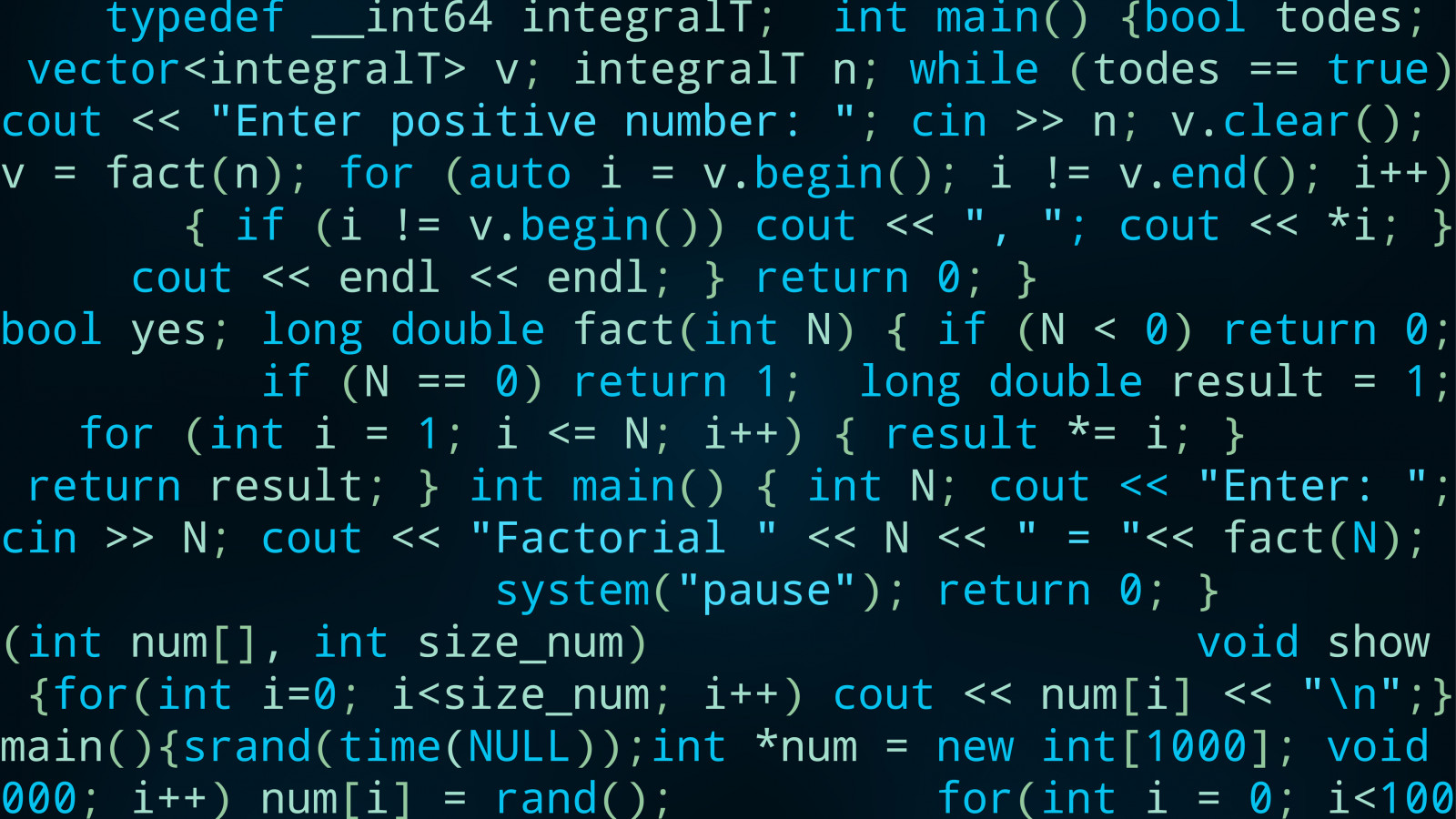
Every successful app on your smartphone, every complex business software and every interactive website follows an invisible blueprint. But how does a simple idea become a functioning digital product?

Digitalization speeds up administrative processes, but unfortunately also opens new doors for fraud. Forged documents, manipulated images or even deceptively genuine deepfakes pose enormous challenges for public administration and its processes.

How can data analytics software like DAISE be used in practice? We'll show you using our project with the LASV! Using the "Brandenburg Social Indicators" developed by the LASV, politicians and the specialist public are regularly and systematically informed about social structures and processes.

Design often determines whether users remain loyal to a digital product or abandon it. UX/UI design encompasses far more than just visual design. The aim is to develop a product for a clearly defined target group that is functional, easy to use and clearly structured - and optimally supports the user in their various life situations.

Everyone is talking about it, but do you know what's behind it? What exactly is artificial intelligence? We want to answer this question today. First of all, the topic is extensive, so you'd better grab a coffee!

We were commissioned by a radio station in Germany. For their content editorial team, the aim was to fundamentally automate the time-consuming manual transcription of audio content and reduce the processing time from hours to just a few minutes.

Do you know this? Everyone in the team works diligently - but in the end there is no common focus. This is exactly where OKR comes in: Objectives and Key Results help you to set measurable goals that really count.

In a world in which a photo no longer shows what really happened - but what someone wants you to believe - reality and falsification are becoming increasingly blurred. The targeted dissemination of misinformation in the form of manipulated images is making it increasingly difficult to perceive the truth.

AI but how? This is exactly where our professional AI consulting comes in: It creates clarity in the technology jungle, identifies potential and supports companies from the initial idea through to implementation.

Whether it's an app, website or complex software: if the design isn't right, users will stay away. In our guide, you'll learn the 8 golden rules for better UI/UX design - plus the clever 6-3-1 rule to help you tame complexity, create clear structures and keep your team on track.

Bildmanipulation war noch nie so einfach wie heute. Mit nur wenigen Klicks lassen sich aus gewöhnlichen Fotos täuschend echte Fälschungen machen – mal zum Spaß, mal aus bitterem Ernst. Häufig steckt hinter der Bearbeitung eine klare Absicht, etwa um gezielt zu täuschen oder bestimmte Reaktionen hervorzurufen.

We were commissioned by a regional market leader in broadcasting. The task was to fundamentally modernize and accelerate the process of daily weather moderation for their weather editorial department.

Artificial intelligence (AI) is changing the global economy and German companies are also facing the challenge of optimizing processes with AI. Studies show what has long been clear to everyone: AI tools are on the rise!

Lightning-fast in the cloud: Quarkus' Native Build not only enables Java applications to be compiled with better performance, but also to be cloud-ready - without a great deal of effort.

Julia works at FIDA as a business consultant and was heavily involved in the ISO 27001 certification process. In this interview, she talks about how the project started, the hurdles that had to be overcome and the lessons she learned from the introduction of the information security management system.

Code alone is not enough - without clear and structured documentation, even the best software quickly becomes a black box. Whether for developers, testers or future team members: documentation creates transparency.

Patrick Dylong, Data Scientist at FIDA Software and Associate Researcher at the University of Jena, explains in an interview why high-quality data is the real foundation of successful AI projects. He talks about typical data problems in practice, the hype surrounding complex models - and what really counts if AI is to work in a company.

In this interview, Dr. Gillian Kant, Senior Data Scientist at Finanz-DATA GmbH and based at Georg-August-Universität Göttingen, provides insights into the key steps on the path from a well-thought-out data strategy to company-wide AI maturity. He talks about specific practical examples, typical challenges and success factors for data-driven organizations.

Insurance fraud costs the industry over 6 billion euros a year. We contribute to the fight against unjustified claims payments.

Workflows with too many different applications? That doesn't have to be the case! In our case study, we show you how we solved this problem for our customer.

Modernization of complex applications to modern architectures & technologies is no problem for us.

How do you bring hundreds of partners from science, business and administration onto a common platform - transparently, efficiently and in compliance with data protection regulations? Our mission: to create a central solution that makes relationships visible, structures interactions and networks knowledge in a targeted manner.

Faster testing, better development - we show why prototyping is indispensable in software development. In software development, it's not just what is built that counts, but how quickly and efficiently ideas are made tangible.

Commission calculations are a central component of the insurance business model. We help to optimize these processes!

Successful software doesn't start with code - it starts with clear requirements. Requirements management turns ideas into concrete goals and needs into robust specifications. In this article, we show why clean requirements engineering is the key to project success.

Die Herausforderung: Ein zeitaufwendiger, manueller Prozess zur Erstellung von Lebensläufen für eine führende Personalvermittlung. Die Lösung: Der Einsatz unserer maßgeschneiderten KI-Lösung GPT4YOU.

European AI Regulation: mandatory training for companies. We explain what you need to look out for in your company when dealing with AI and which regulations apply!

How MsDAISIE came about - An interview with Chris Ehrling and Björn Marz